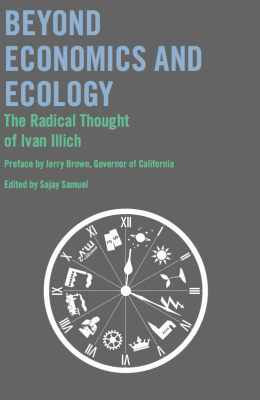Description
“Leading Protests in the Digital Age provides an efficient resource for readers, especially those interested in the Arab Spring uprisings. … the study is a useful resource for readers from different disciplines such as journalism, sociology and political science, and academics working on the Syrian refugee issue.” (Merve Şentöregil, Insight Turkey, Vol. 22 (1), 2020)
“This book provides a much-needed intervention into the study of protests and digital technology in the Middle East. Through an empirically rich analysis, the author highlights how events in Egypt and Syria can only be understood by analysing the intersections of organisational structures, resources, and technology. This is essential reading for anyone interested in Egypt, Syria, or protests in the digital age.” (Rhys Crilley, Research Associate in Global Media and Communication, The Open University, UK)
“The youth revolutions that began in the Middle East in 2011 have reshaped the face of the region, provoking both reforms and harsh crackdowns, and sometimes even civil war. New media have been important tools for both protests and reaction, and Aslan Ozgul guides us expertly in the ways similar repertoires of social action in Egypt and Syria resulted in dramatically different outcomes, even if authoritarianism ultimately prevailed in both. For anyone seeking to understand the contemporary Middle East, this is an essential book.” (Juan Cole, Richard P. Mitchell Professor of History, University of Michigan, USA)
“Aslan Ozgul’s brilliant study blends rigorous theory testing with a very human care for the stories of young activists to build up a compelling explanation of the creation, success and failure of protest movements. Readers will come away from this book with a greater understanding of the role and limits of digital media for leadership and political change. They will also be moved by the unforgettable vignettes and vivid images from the front-line accounts of those who, in the author’s words, embody the spirit of change’ in Egypt and Syria.” (Ben O’Loughlin, Professor of International Relations, Royal Holloway, University of London, UK)
“Based on a unique comparative design and a wealth of rich interview data with local activists in Egypt and Syria, Billur Aslan Ozgul provides novel insights on how activists employ ICTs to engage other citizens in the pursuit of freedom and change. By showing that mobilization repertoires, leadership networks, and available resources shape digital media’s contribution to the conduct and outcome of protests, the book provides much needed nuance and contextual insight on the power of social media in the Arab spring. It charts new ground in the study of the internet and participation, offering an innovative conceptualization of leadership, a nuanced theoretical model, and valuable empirical analysis.” (Cristian Vaccari, Reader in Political Communication, Loughborough University, UK)
 العربية
العربية  English
English 




